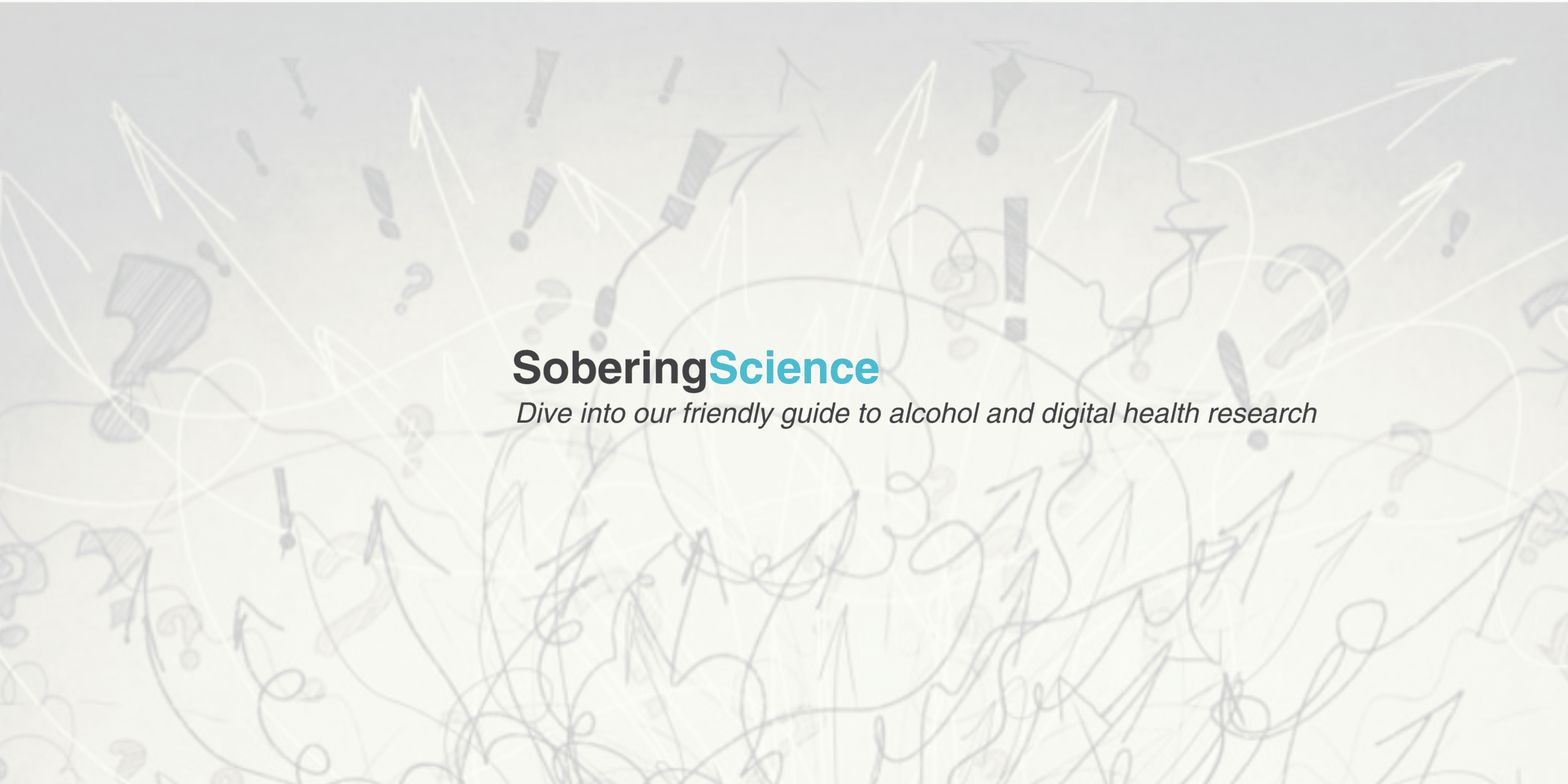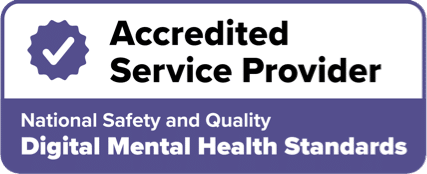
Chemical happiness and the role it plays in our relationships with alcohol
Dopamine, endorphins and serotonin are neurotransmitters widely known as the “feel-good” chemicals. In simple terms, neurotransmitters are chemicals in our bodies that act as message-transmitters from neuron to neuron (nerve cells in our brain1), or from neurons to muscles. They receive sensory input from the environment outside our bodies, and send instructions to our muscles2. Just like relay runners, they transmit and relay information along these neurons and muscles. Quite a fascinating process! You might be familiar with the term adrenaline rush, because adrenaline is one of them – it is the fight or flight transmitter.
While the role of dopamine, serotonin and endorphin to addictions are complex with ongoing studies, having a basic understanding about each of these feel-good chemicals might help us see how they play a role in our relationship with alcohol. It could help us to hack these feel-good chemicals in a time such as lockdown, and also to help us cultivate healthy habits while we stop or reduce our drinking.
Dopamine, the pleasure transmitter
Dopamine is the pleasure transmitter. The surge of this chemical in our brain is released when we are completing a task, eating our favourite foods, achieving our goals, or even winning a competition or earning money. According to Cyrus McCandless in his Ted Talk about dopamine and addiction, dopamine is usually released during the time we are attempting to get the things that make us feel good. A healthy amount of dopamine is needed to help us stay motivated and focused. On the flip side, a deficiency of this chemical will make us feel flat, with a lack of excitement that can lead to feeling depressed. Too much dopamine - it can mean poor impulse control.
It’s important to note that dependency or addiction is different from compulsion - the differences are what we ‘like’, versus what we depend on. The links between a high surplus of dopamine and dependency are still up for debate.
How can we hack the dopamine, the reward chemical, while we stop drinking?
- Replacement drinks – If drinking a glass of wine is our usual daily reward, a replacement drink might be the solution.
- Create a goal – try to stay motivated by completing a task or setting goals. These help us to stay motivated and excited. It doesn’t have to be anything complex, the first thing that piques your interest is enough as a goal.
- Celebrate little wins – we don’t need to wait until we complete a big task, before rewarding ourselves. Why not create a daily habit of celebrating the little wins? This could be from ticking off a simple-to-do list, or by practising gratitude at the end of the day.
- AF Goal tracker – writing down and tracking the amount of alcohol-free days will give us a sense of achievement.
Serotonin, the mood transmitter
Serotonin is the mood transmitter, or the mood regulator. It’s the chemical responsible for the balance of our well-being and happiness. Life can often be tough, and sometimes a quick pick-up is what we need. Many people use alcohol to help cope with these difficult life circumstances, but we know this can impact well-being and happiness in the long run. Having the right amount of serotonin will help us feel relaxed and calm, but lacking it would result in feeling low and bad about ourselves – resulting in trouble with sleeping, anxiety and or in some cases, sugar cravings. Some recreational drugs such as ecstasy, help to release a great amount of serotonin but will lead to an aftermath of feeling depressed and down that usually lasts for days.
Fortunately, there are activities that can help release serotonin without using alcohol or other recreational drugs. They usually are low to no cost.
- Self-care – this could look like something that makes you feel at peace. It could prepare a nice meal as you would to someone you love. Taking a bath. Reading a magazine. It’s about being mindful of our own self-critics and practising talking kindly to ourselves.
- Sunlight and exercise – Another great benefit of sunlight and exercise is that they help release serotonin, an outdoor activity that we could all use during lockdown.
- Counselling or meditation – there are other services that can help us going through tough times. Remember that we don’t have to do it alone. Consult your GP about mental health plans. The addition of daily meditation can also help our well-being. Start with short ones if you aren’t used to it yet!
- Having a good sleep routine – there is no surprise that a good night’s sleep will improve our mood. Establish strategies for a good sleep routine such as limiting screen time, food consumption and exercise before bed time.
Endorphins, the euphoria transmitter
Endorphins are derived from the words ‘endogenous’ (meaning within our body) and ‘morphine’, which means opiate or also known as pain relief. That’s because this neurotransmitter is responsible for pain relief as well as the euphoric feeling we get after a good amount of high intensity exercise. When pain and stress occur, our bodies release endorphins as a reaction against this. A lack of endorphins causes low mood, trouble sleeping and stress and anxiety. Alcohol use impacts the way our body performs optimally in exercise, but there is no direct link between alcohol dependency to this particular neurotransmitter.
To hack the euphoric feeling we can get from endorphins:
- Exercising – since endorphins are released when we encounter stress and pain, 30 minutes of daily exercise are recommended to help release this chemical and give us that euphoric feeling.
- Laugh – not only does it make us feel good, it could also help temporarily relieve pain. It’s no joke that laughter is the best medicine (pun intended). More excuses to watch your favourite comedy TV show!
- Hug someone - your kids, your partner, your pet. It’s a known fact that you get that feel good hormone when you hug someone - and it creates a stronger bond and connection between the huggers. It can also reduce stress. Hug it out - and see how much better you feel.
As we can see from the overview, all of these feel-good chemicals are somewhat related to support one another. The benefit of exercise, for instance, will help increase both serotonin and endorphins, or a good amount of exercise would help improve sleep which adds to our well-being. In other words, a healthy lifestyle can impact many aspects of our life. And a good balance of feel-good chemicals could play an important role in changing our relationship with alcohol.
What has been your experience about each of these neurotransmitters?
2. https://qbi.uq.edu.au/brain/brain-physiology/what-are-neurotransmitters











I have been using exercise to top up my feel good chemicals. A new antidepressant is making me feel chilled out, too.
Which new one?
Really helpful
Thank you 😊
Great article that encouraged me to do a stack of exercise today. Same tomorrow. Just the kick start I needed. Thanks
Thanks for this. I’m going on 7 weeks without a drink and this week has been quite tough. I’ve been flat and moody. Apparently it takes around 3 months for brain chemistry to rewire itself back to normality after cessation. Hope to feel normal again soon. Exercise has been my saviour. Cheers.
Exercise, just getting out in the sun with the dog for an hour or more is best for me. Now spring is approaching with longer warmer days more opportunities arrive. Have struggled to keep to reduced alcohol targets, time to start again.
This is my favourite article on this site. Thank you!